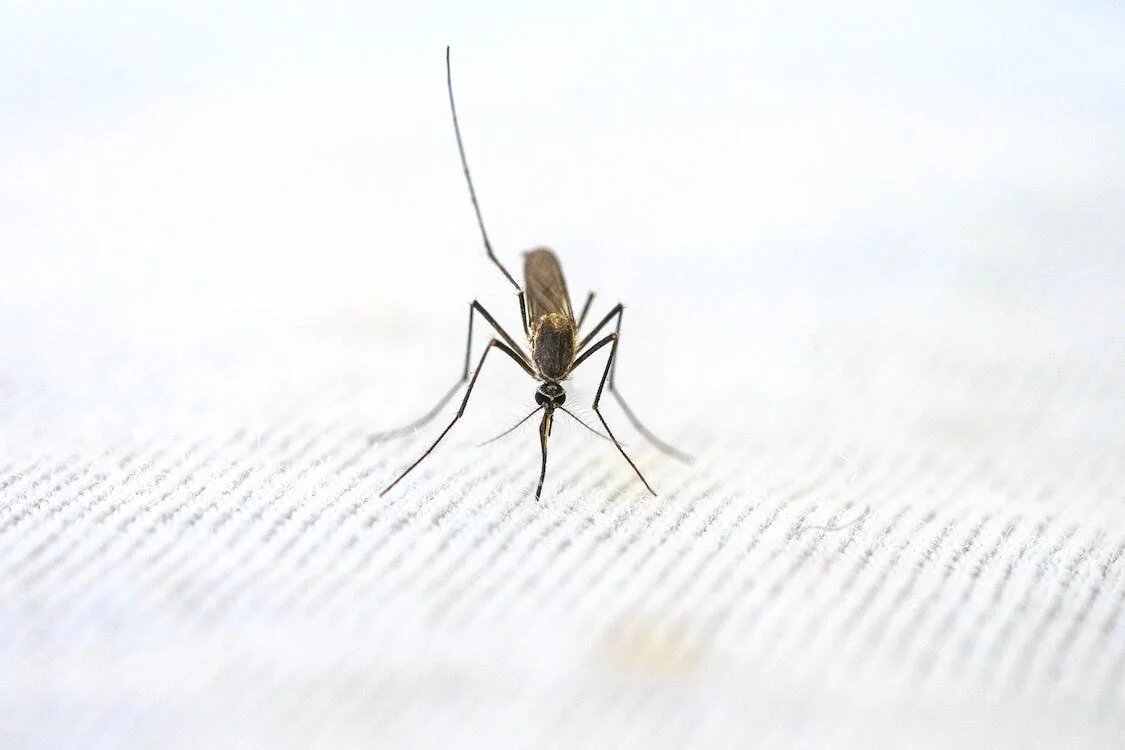Kenya’s ability to deal with obesity low as cases increase

Over 9.5 million Kenyans will reach obesity by 2035 if the country’s preparedness to tackle the condition does not improve.
According to the World Obesity Atlas 2023, Report Kenya’s global obesity preparedness ranks at 143 out of 183 globally, with the country projected to reach 18 per cent obesity in the next 12 years. Kenya is expected to attain an annual increase of 4.6 per cent in adult obesity and 8.2 per cent in childhood obesity by 2035, both of which are considered alarmingly high.
Women and girls are projected to bear the brunt of the increase in weight and obesity, reaching 28 per cent and 16 per cent respectively by 2035.
Attributable deaths
This comes as the World Health Organisation warns that the number of deaths attributable to non-communicable diseases (NCDs) will rise by 55 per cent by the end of the decade.
Data from the Ministry of Health shows that NCDs are responsible for more than 50 per cent of in-patient hospital admissions and 39 per cent of all deaths annually in Kenya.
The cancer mortality rate among Kenyans under the age of 75 is 12.7 per cent in women compared with 10.3 per cent in men.
Research from the Centres of Disease Control links overweight and obesity with body changes that may lead to cancer. As the ongoing drought continues to diminish Kenya’s food security and threaten access to fresh produce, many are turning to processed foods, which may increase the risk of some types of cancer.
The Atlas report further predicts that the global economic impact of obesity will match the impact of the COVID-19 pandemic if prevention and treatment measures do not improve.










